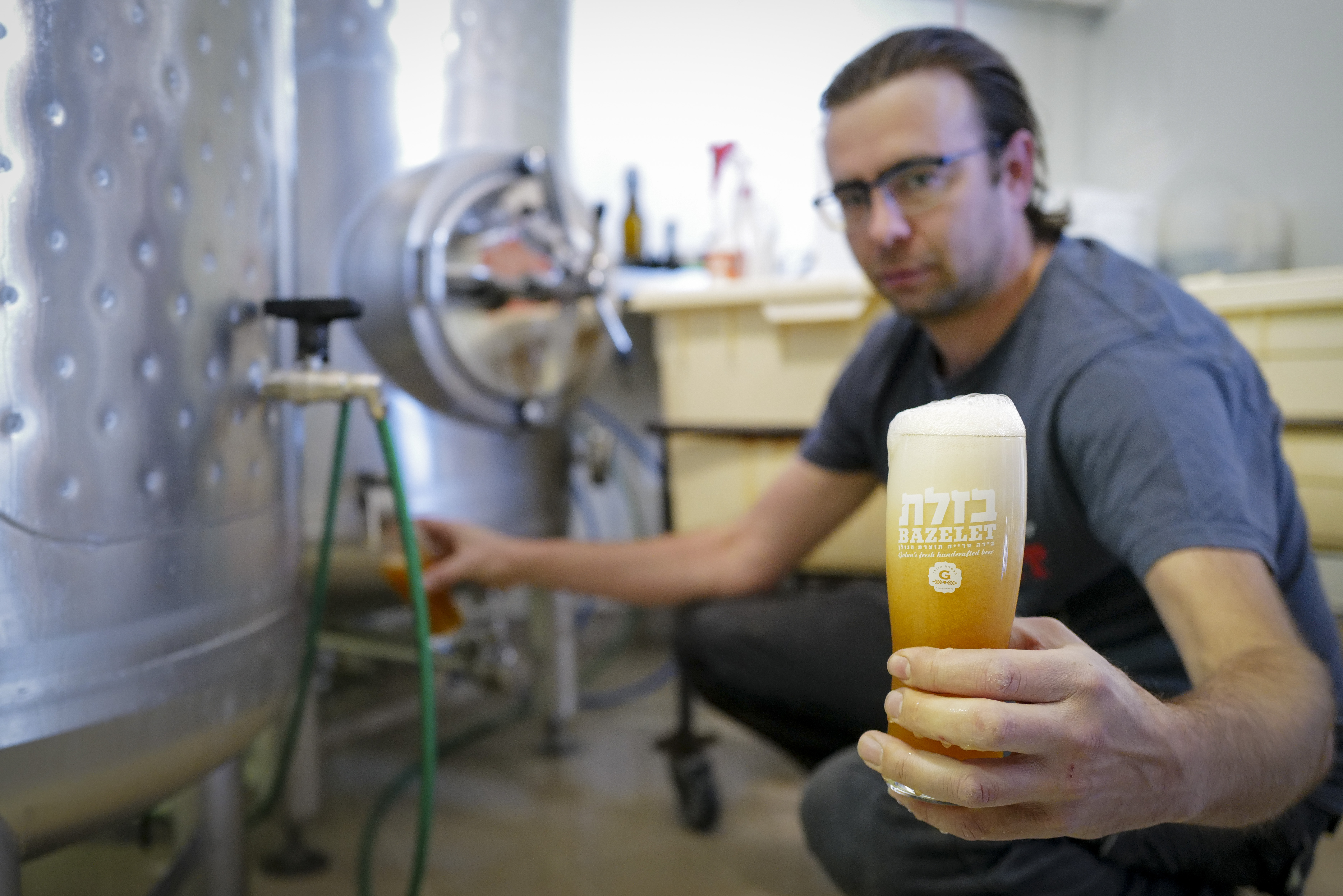The Virtue of Drinking Wine on Purim
Rising above the scorned image of the drunkard, Purim’s call to intoxication invites us into a sacred liberation, where wine unlocks wisdom’s hidden gates as it did for the sages of old. This year, amidst our people’s anguish, the Shulchan Aruch’s Aramaic whisper challenges us to drink not for escape, but to ascend toward understanding and truth."

Many among our brethren, the Children of Israel, have long pondered the custom—indeed, the legal obligation—to become intoxicated on Purim. Those living in the diaspora, dwelling among the nations, are accustomed to seeing gentiles stumbling about drunk, especially during their holidays. We, the chosen people, often look upon them with disdain.
Here shines the distinction of “You have chosen us from all the nations”—observe how the gentiles celebrate their festivals, and then see how the treasured nation celebrates its own. The association between drinking and gentiles was so strong that “drunkenness” became synonymous with them. “Oh, a drunken goy” was an automatic label for any gentile, laced with more than a hint of contempt, even when they were sober. Then comes Purim, with its emphasis on intoxication, and suddenly it seems we’ve “become like all the nations.” How can this be?
This year, more than ever, some might view drunkenness as a kind of indifference to “our brethren, the entire house of Israel, who remain—still—in distress and captivity.” In other years, one might leniently excuse the revelry and all its trappings, saying, “They, too, need to let loose once a year.” But this year, how can one release oneself from the collective anguish? And if you can, surely there’s something flawed in that.
So let’s set things straight. There’s nothing in common between Purim’s intoxication and the “drunken goy,” except that both involve alcohol. The Shulchan Aruch, written entirely in the holy tongue, contains just one ruling in Aramaic (Orach Chaim 695): “A person is obligated to become intoxicated on Purim until they cannot distinguish between ‘cursed is Haman’ and ‘blessed is Mordechai’”—a direct quote from the Gemara, itself composed in Aramaic. This linguistic shift in the Shulchan Aruch is striking.
It seems the Shulchan Aruch avoided at all costs sullying its language by writing “A person must get drunk,” which would align us with the gentile drunkard, even if just for a day. Instead, it cites the Gemara’s wording, recalling a Purim feast of the Amoraim. “To become intoxicated” (livsumei) sets us apart from the gentile drunkard and elevates us to realms of purity and sublimity, reminiscent of the early sages, angelic in their stature, who drank on Purim as they dined at a lofty table. Their intoxication was a pathway to spiritual ascent; in their drunken state, they spoke only of Torah and ethics.
Clearly, our wine-drinking bears no resemblance to the gentile’s. So what is it, then? The Gemara (Sanhedrin 70a) states that wine was created to reward the wicked in this world, sparing the Holy One the need to grant them the World to Come. One might wonder: Are there not enough pleasures in this world to repay the wicked without inventing wine? Surely a new car or a fine steak couldn’t substitute for the World to Come, even for a sinner. It must be that wine, with its spiritual dimension akin to the World to Come, can stand in its place. Yet we still need to clarify what that spiritual aspect is.
Several sayings of our sages suggest wine opens the gates of understanding. The Gemara (Eruvin 65a) declares, “Whoever settles their mind with wine has the wisdom of seventy elders.” The Meiri explains, “To purify their intellect and open their heart.” Rava said (Yoma 76b), “Wine and spices sharpen the mind,” with Rashi adding, “They made me wise.” Elsewhere (Eruvin 65a), “Whoever is enticed by wine has some of the knowledge of their Creator.” The Sfat Emet wrote, “When wine enters a person in the proper measure and way, it helps uncover the wisdom hidden in their heart.” King Solomon, who spurned all pleasures and sought only wisdom, drank wine in pursuit of it—though late in life, he conceded to his mother that its benefits didn’t outweigh its risks (Sanhedrin 70a).
Still, we lack a basic grasp of how wine enhances wisdom and opens understanding. I believe that by examining wine’s negative side—how it leads to sin—we can also understand its positive potential.
Wine’s nature is to free a person from constraints, breaking them out of frameworks. Some crave sin but are held back by shame or conscience; their upbringing bars the path to the misdeeds they desire. Then they drink wine, which unshackles them from guilt and embarrassment. The drunkard feels no shame before others or themselves. Without barriers, without conscience, without shame, the road to sin lies open like a plain. This is the meaning of the Gemara (Yoma 75a), “Whoever sets their eye on the cup, all forbidden relations seem to them like a plain”—wine removes every obstacle, paving a smooth path to sin.
Likewise, wine can liberate a person’s mind from its limits, from the familiar tracks of logic, opening new horizons of thought. It breaches boundaries and lifts barriers, paving the way to realms of wisdom previously beyond reach. Wine clears away distractions and diversions, allowing one to focus wholly on their pursuit—be it indulgence in pleasure or a quest for truth.
A lustful man like Noah, when drunk, broke through all bounds of modesty and morality, lying with his daughter. But a seeker of wisdom like King Solomon drank wine to shatter conventional thinking, entering the gates of understanding and grazing in pastures of insight previously closed to him. Thus, he became the wisest of all men.
All that remains is to bless ourselves with the ability to drink properly, harnessing the freedom it grants to uncover the goodness hidden within the walls of our hearts.